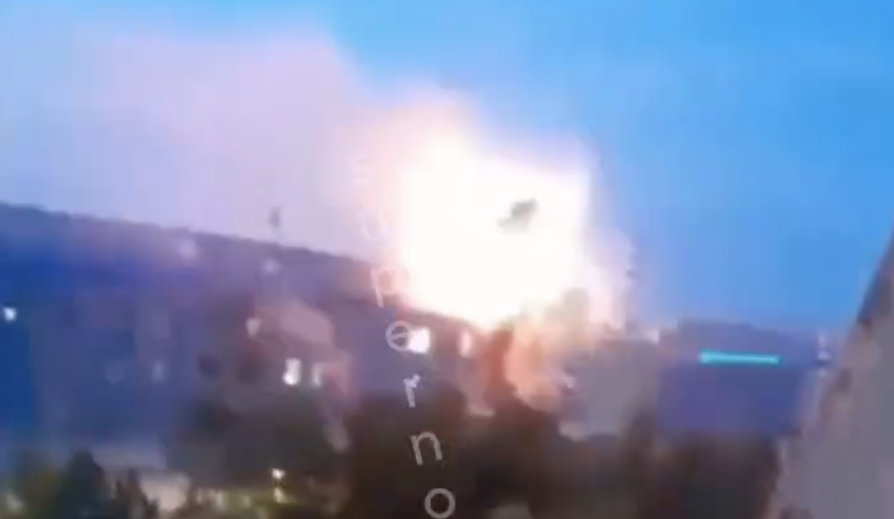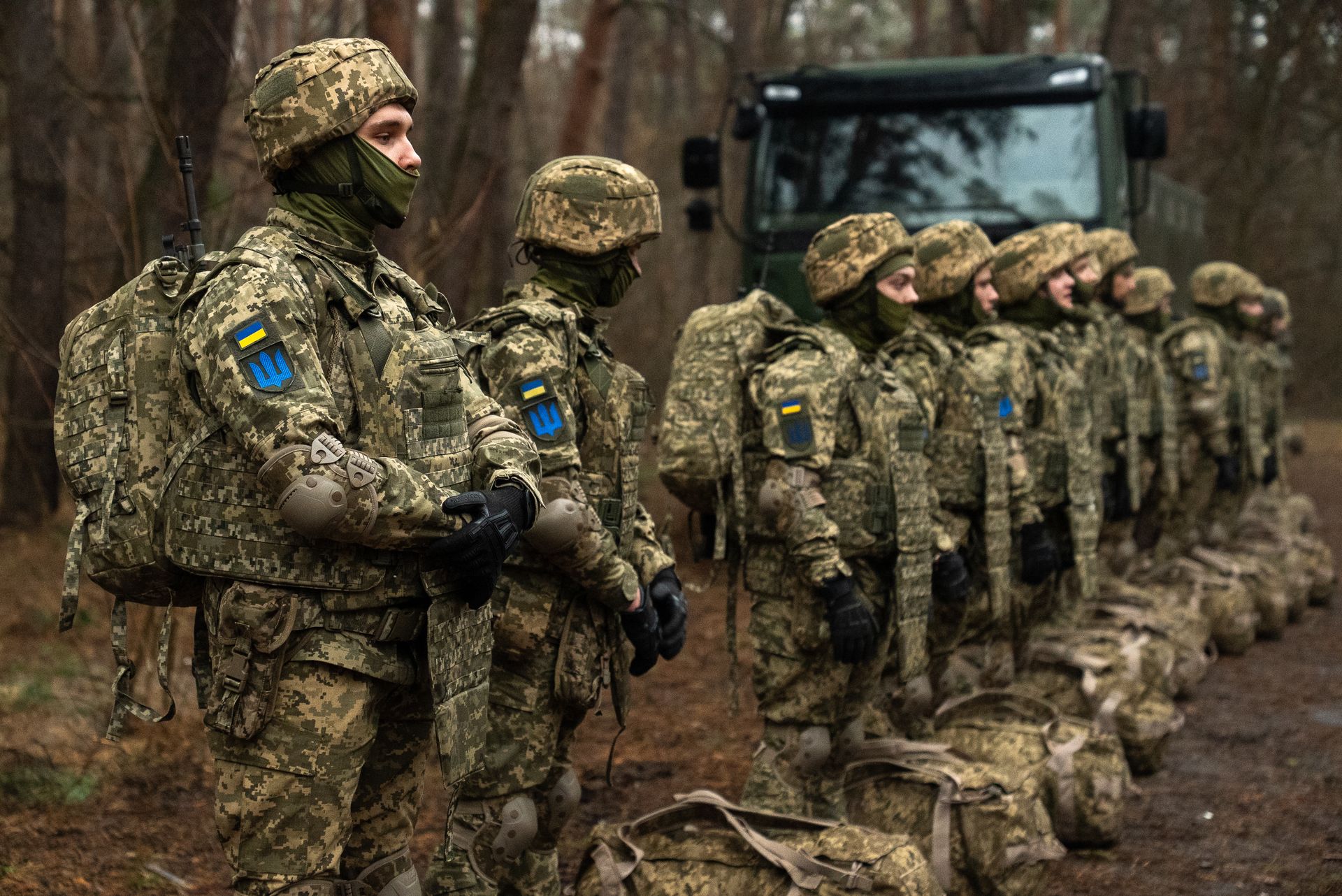Russia reportedly tests blocking Telegram, WhatsApp calls amid internet clampdown

Russia has seemingly conducted its first-ever tests to block voice and video calls on Telegram and WhatsApp, Russian independent outlet Agentstvo reported on Aug. 10, citing Na Svyazi digital monitoring project.
The suspected move comes as the Kremlin intensifies efforts to create what it calls a "sovereign internet" disconnected from global networks, trying to replace Western services with domestic ones.
Downdetector, which tracks service disruptions, registered nearly 7,500 reports of Telegram malfunctions over the past day, with most users citing problems with audio and video calls.
WhatsApp saw more than 3,300 complaints on Aug. 11, peaking between 9:30 a.m. and 1 p.m., with users across Russia reporting call failures or disrupted audio.
The push to restrict foreign messaging platforms follows Russian President Vladimir Putin's signing of a law on June 24 to create a national digital platform based on the state-developed Max messenger, integrated with government services.
Human rights groups and independent outlets have warned that Max could be used for surveillance.
The reported tests came shortly after the pro-government outlet Ostorozhno Media quoted a government source saying that major Russian telecom operators had urged authorities to block voice calls in foreign messengers.
Operators have reportedly pointed to rising equipment costs due to sanctions, increased maintenance expenses, and a sharp surge in mobile traffic. They are also concerned about potential requirements to compensate cyber fraudsters for unblocked suspicious traffic.
Russia's communications regulator, Roskomnadzor, did not comment on whether it blocks calls on Telegram and WhatsApp when asked by Ostorozhno Media.
In recent weeks, Russian regional authorities have also intensified mobile internet shutdowns and slowdowns, officially citing "dangerous neighbors."
Russian citizens were advised to rely on wired internet, Wi-Fi, offline maps, and non-digital payment methods. In some regions, mobile networks have been deliberately jammed near industrial and defense facilities to counter Ukrainian drone attacks.












